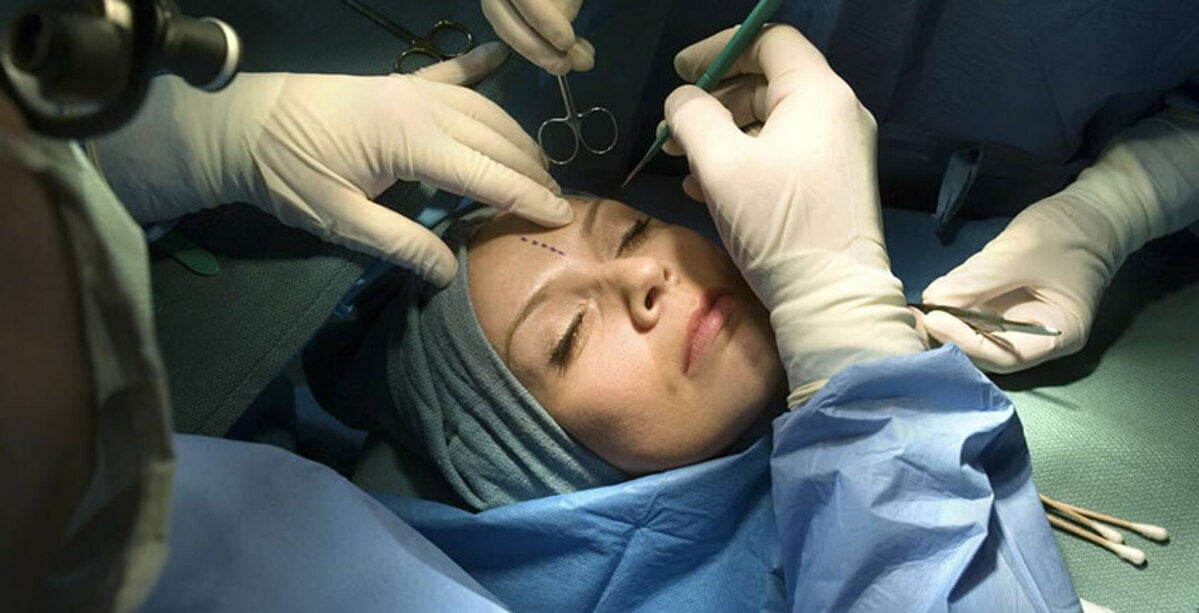Ads for cosmetic procedures by medical professionals banned

The Medical Council of Thailand issued a new regulation prohibiting medical professionals from advertising their expertise in cosmetic procedures. This announcement aims to ensure ethical practices and provide accurate information to the public.
Today, July 10, the Royal Gazette published Medical Council Announcement No. 39/2567 regarding the advertising of cosmetic procedures by medical practitioners. This regulation, effective immediately, aims to govern the ethical advertising practices of medical professionals in the field of aesthetics and beauty enhancement.
The regulation defines key terms and sets clear guidelines. Medical professional refers to those practising under the Medical Profession Act of 1982, while advertising includes all forms of information dissemination related to cosmetic procedures in medical facilities, public media, online platforms, and public spaces.
Cosmetic procedures encompass surgeries, injections, and other medical interventions aimed at altering physical appearance, excluding those primarily intended to correct facial or bodily deformities.
Medical practitioners with valid certificates or approvals from the Medical Council can advertise their qualifications. Those without such credentials can only advertise their medical degrees. All advertisements must include the practitioner’s real name, licence number, and the specific cosmetic procedures they offer.
Advertising claims of expertise, experience, or specialisation in cosmetic surgery are strictly prohibited. Practitioners can submit their advertisements to the Medical Council for review but must pay a fee as determined by the council.
Compliance with the Medical Council’s ethical guidelines, specifically Sections 19 and 20 of the Medical Professional Ethics Act of 2022, is mandatory. Violations of these regulations will be considered breaches of professional ethics, subject to penalties as defined by the Medical Council.
Practitioners must update their existing advertisements to conform to the new regulations within ninety days from the effective date. The President of the Medical Council is responsible for enforcing these regulations, and any issues arising from their implementation will be resolved by the Medical Council’s board, reported KhaoSod.
Latest Thailand News
Follow The Thaiger on Google News:


























